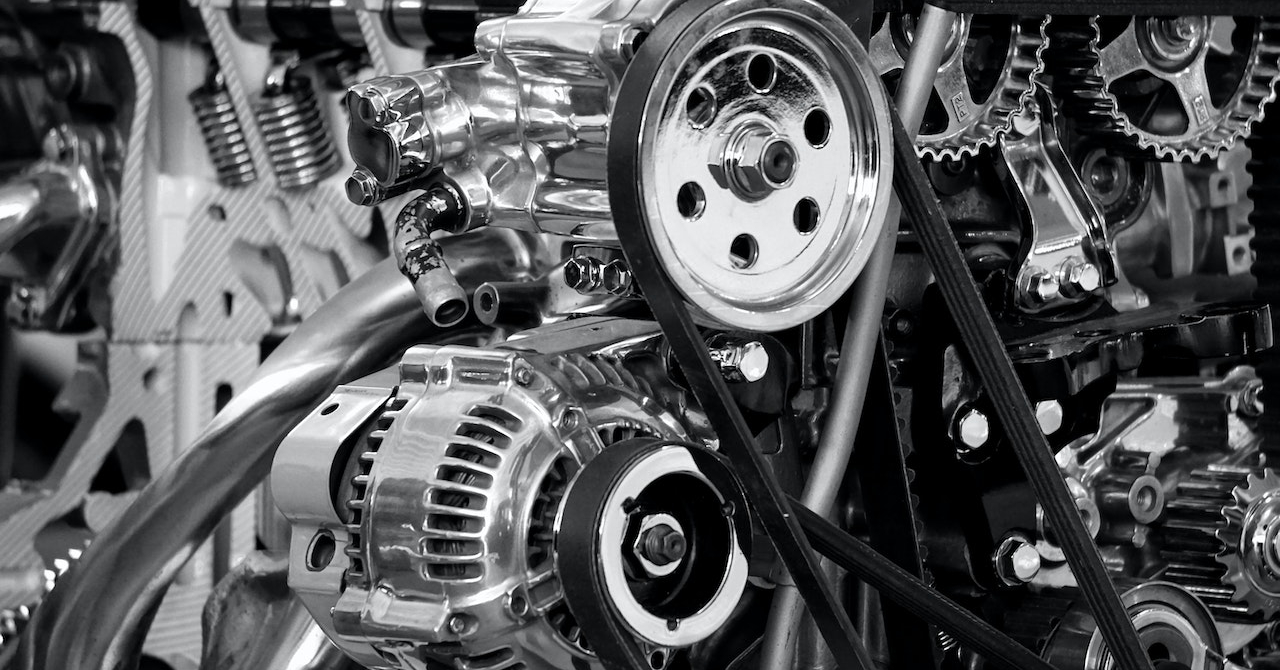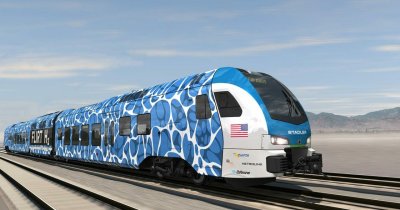According to Reuters, startups and companies working in the field of EV components have the chance to sign a contract with EV manufacturers, whether we are talking about high-volume makers or niche companies, looking for components that might build the next electric rallycross model.
A new generation of electric vehicles cloud hid the road as soon as 2025, according to experts, which is why car brands are starting to look at companies that could provide the necessary expertise to make these vehicles even better than current models.
McLaren Applied is an EV component specialist that developed a new inverter that weighs only 5.5 kilograms and is able to boost a battery-powered car's range by over 7%.
Nick Fry, CEO of the company, commented: "That's a huge opportunity for companies like us."
Some carmakers, however, prefer to take innovation in house and get their own engineers to develop new technologies that can help make new EVs better.
This is due to the fact that, during the pandemic, over-reliance on third party suppliers proved to be problematic when it came to getting the cars assembled and delivered.
Tim Slatter, head of Ford Britain, said that "we just can't afford to be reliant on third parties making those investments for us."
Rimarc is a Croatian company that makes components for electric hypercars, but also supplies battery and powertrain components to various manufacturers, and it is partly-owned by Porsche AG.
The company claims to have struck a deal with a German car brand to deliver its high-performance battery systems for an annual production of 40.000 vehicles.
Company CEO Mate Rimac said that "we need to be 20%, 30% better than what they can do and then they work with us."
He continued, saying that "if they can make a 100-kilowatt hour battery pack, we must make a 130-kilowatt pack in the same dimensions for the same cost."
Other companies, such as Britain-based Ionetic, supply things like batteries for low-volume manufacturers, since this way, they provide a more cost-effective alternative that would be too expensive to develop in-house.
 Mihai - Cristian Ioniță
Mihai - Cristian Ioniță












Any thoughts?